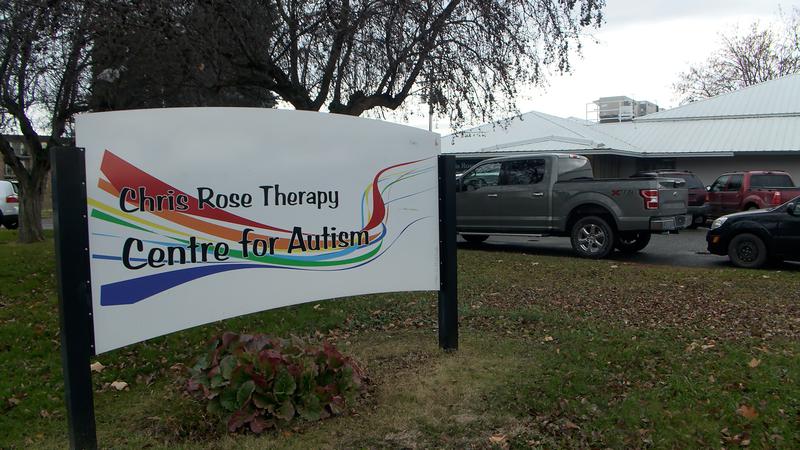
Parents of neurodiverse children, local autism therapy centre want more details about support system changes
KAMLOOPS — The province announced last week (Oct. 27) it will shift away from targeted support for parents of children with neurodiversity and disabilities, to a new ‘hub’ model. The government says the family connection hubs will offer services from birth to age 19 and won’t require a diagnosis.
The announcement has many parents and caregivers concerned about what those changes will mean for current supports. Parents like Tammy Chabot — who commutes from Vernon to Kamloops three-days-a-week to bring her 11-year-old son Matthew to the Chris Rose Therapy Centre for Autism.
When Chabot heard of upcoming changes to the existing provincial support system, she was worried.


